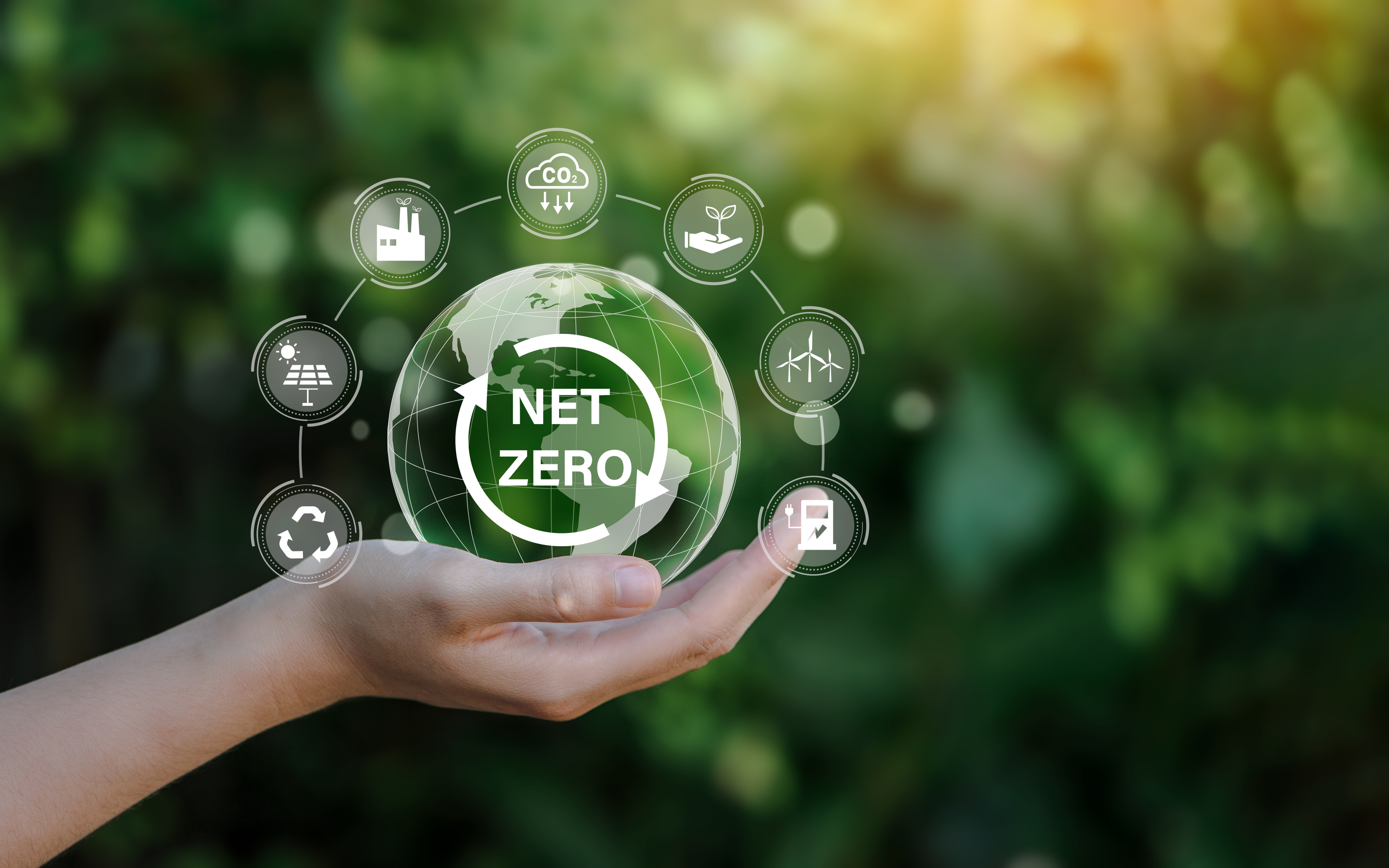
On Thursday last week (30 March), the UK announced a flurry of new environmental and energy security policies, including a new consultation on the proposed carbon border adjustment mechanism.
Westminster insiders called it a government ‘green day’ though many industry experts were sceptical as to whether the announcements included anything particularly new.
But, with the latest UN estimates finding that green trade was worth US$32tn last year, the UK now finds itself in a race to make the most of the opportunities that the global move to net zero is creating.
The IOE&IT Daily Update here looks at some of the key recent international developments.
Global green growth
Environmentally friendly products are rising in prominence in international trade, according to research by the UN Conference on Trade and Development (UNCTAD).
Overall growth in trade remains weak but sales of environmental goods totalled $1.9tn in 2022, representing 10.7% of trade in manufactured goods, reports GTR.
According to UNCTAD, trade of ‘frontier technologies’, such as artificial intelligence and green hydrogen, was valued at $1.5tn in 2020 and could grow to over $9.5tn by 2030.
Global trade was worth a record $32tn in 2022 but decreased in value across the second half of the year. It is set to stagnate further in the first half of 2023.
EU diesel car ban
EU countries have approved a ban on the sale of carbon-emitting cars and vans after 2035, confirming a controversial element of its so-called ‘Green Deal’.
Certain sports car brands will be exempt from meeting interim carbon dioxide reduction targets until the end of 2035, according to Euractiv.
Brussels watered down restrictions amid opposition from the German automotive industry, which wanted some cars running exclusively on e-fuels to continue to be sold after 2035.
E-fuels are burnt in a traditional engine and proponents argue that their production process can be climate-neutral, while detractors say they are expensive, energy inefficient and a waste of resources, reports Euronews.
Australian polluters pay
Australia has passed its most significant emissions legislation in more than a decade, which includes a requirement that total emissions from major polluters must be reduced and not simply offset.
The deal is considered key to prime minister Anthony Albanese’s commitment to cut national carbon dioxide emissions by 43% by 2030 compared with 2005 levels, reports the Guardian.
From 1 July, many of Australia’s major polluters, who are responsible for about 30% of emissions, will need to cut emissions intensity by 5% a year through cuts or by buying carbon offsets.
While companies can buy an unlimited number of offsets, total emissions under the scheme are required to come down over time. The climate change minister, Chris Bowen, said the moves would lead to a 205m tonne reduction in emissions by 2030 – the equivalent to taking two-thirds of cars off the road.
According to ABC, the laws create Australia’s first price on carbon since a carbon tax was created in 2012 by the Labor government of the time.
Japanese carbon pricing scheme
Japan has launched its own carbon pricing scheme, as part of the nation’s push to decarbonise and tackle climate change.
Reuters reports that Japan, the fifth-largest carbon dioxide emitter globally, expects this scheme to help make its economy greener without damaging competitiveness.
The plan includes a levy on carbon and a emissions trading system, with a voluntary “GX league” of 680 companies being set up in 2023/24, with plans for a full roll-out of the system by 2026/27.
Members of this league would be required to disclose their corporate emissions targets, with those that do not meet these being able to trade emissions on the open market.
A planned tax on carbon was previously delayed for the second time in November, according to Bloomberg, as PM Fumio Kishida’s government sought to tackle the cost of living crisis.
Other Asian nations – such as Malaysia, Indonesia and Vietnam – have laid out their own carbon trading and border levy mechanisms in recent months.
Canada trails the US
Canada’s government has unveiled a series of new green investment tax credits worth C$35bn (US$26bn).
PM Justin Trudeau’s government has been under pressure to match the US, which passed massive uncapped incentives for clean energy investments with its Inflation Reduction Act (IRA) last year.
Despite the new funds, observers said that it would be difficult to compete with the investment of the US, which is potentially offering more than US$1tr to clean tech investors.
According to Reuters, Canada’s investment tax credits help companies make one-time capital expenditures, while the US is offering ongoing credits that cover operational costs.



